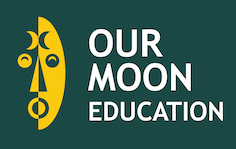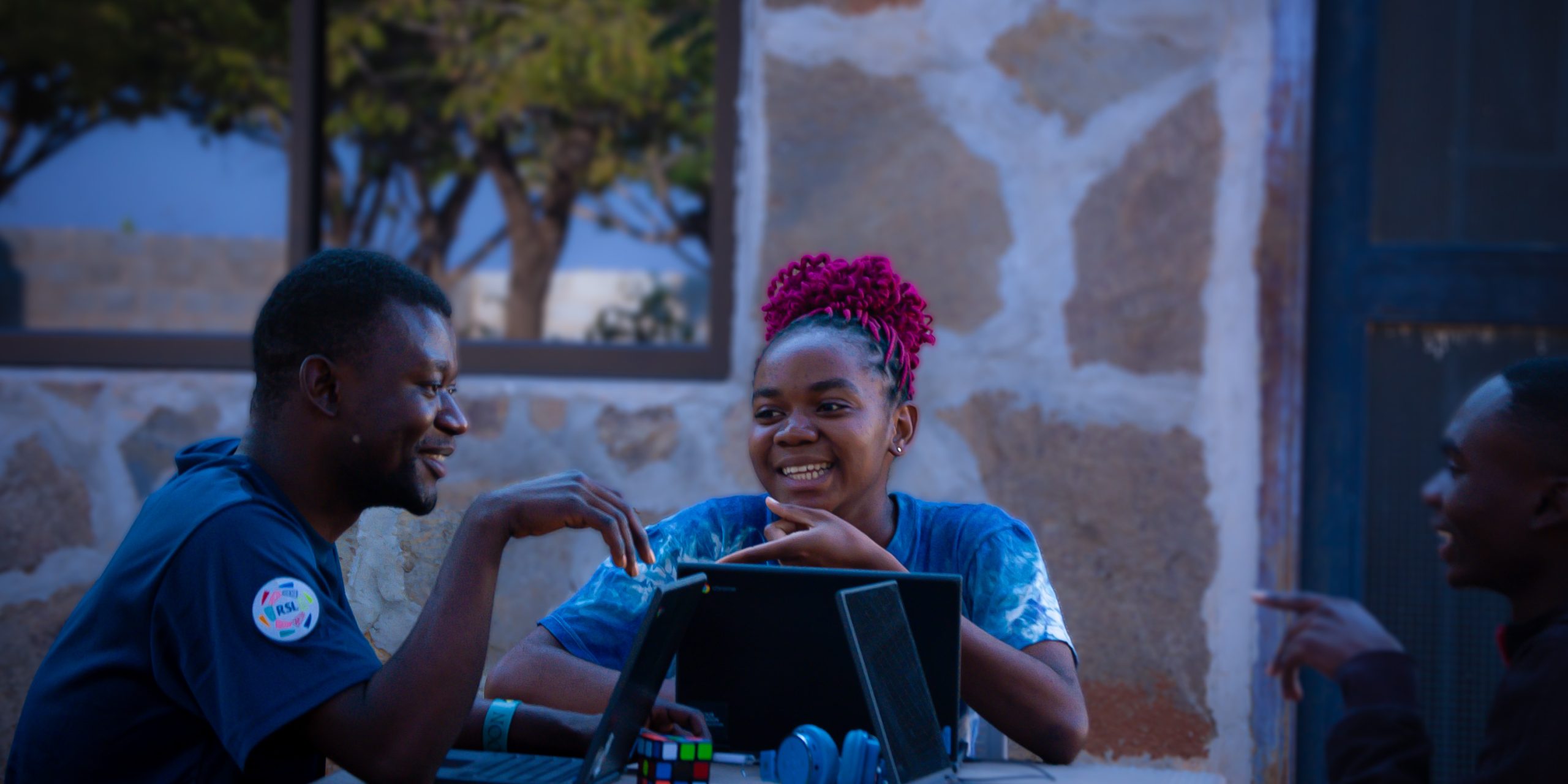It has been demonstrated time and time again that the empowerment of women is of paramount importance in achieving development goals. Since the 1970s, there has been increased emphasis on the role of women both economically and socially to achieve key development indicators. Indeed, the old African proverb “if you educate a man then you educate an individual, but if you educate a woman you educate a family” recognises the benefits of education and is the ethos behind many global, national, and local attempts to implement policies that seek to alleviate poverty. The nations of Africa have been making significant progress on narrowing the so-called ‘gender gap’ in education with a dramatic increase in the enrolment of girls and boys at both the primary and secondary level. This is a great start but, in the face of the huge costs of the gender- gap (total economic losses due to gender gaps in labour force participation are estimated to be around $255bn for sub-Saharan Africa[1]) where should the focus be moving forward?
Previously, development efforts have fallen into the trap of dismissing the key contribution of men. The legacy of tunnel-vision development projects that have essentially ignored or demonised half the population has led to frustrations and a dismissal of men in reducing gender disparities. It is often unclear that men can not only contribute to achieving gender equality, but they can also benefit substantially from it. Across the globe, in different cultural contexts, the pressure of conforming to what is seen as the ‘correct’ masculinity results in social and emotional costs that impact on men’s day to day lives.[2]
In order to broadly achieve development goals as well as improving the lives of individuals, an approach that considers the lives of both men and women is of the utmost importance. Over the coming weeks, an exploration of key issues surrounding the girl child incorporating all aspects of gender will pop-up here and on your Facebook timeline (if you haven’t already followed Our Moon on Facebook follow the link: https://www.facebook.com/ourmooneducation/). Yes, the importance of incorporating women and girls in development is as vital as it ever was but if we ignore half the population we ignore a substantial vehicle for progress. Look out for new posts and get involved in the comments section!
[1] https://www.weforum.org/agenda/2015/06/then-and-now-reimagining-africas-future/
[2] Wanner and Wadham (2015) available at http://onlinelibrary.wiley.com/doi/10.1111/dpr.12090/pdf


